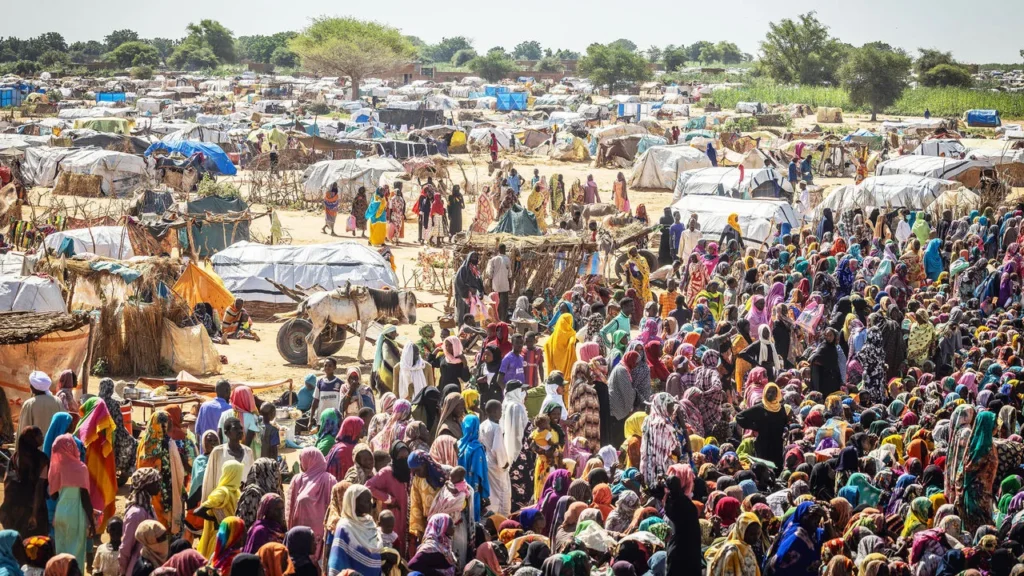The war between the Rapid Support Forces (RSF), a paramilitary group and the Sudan army that broke out in April of last year has been disastrous to her nation. As a result, more than 10 million Sudanese have been forced to flee their homes creating the world’s largest displacement crisis. Some relocated to the Zamzam camp where they hoped to get relief from their troubles. In July of 2023, UNICEF was able to deliver Ready to Use Therapeutic Food for 4,000 acutely malnourished children.
Unfortunately, this aid was short-lived. According to the Famine Review Committee(FRC), there has not been food assistance to the Zamzam camp since April since the prices of goods have skyrocketed.Worse even, Médecins Sans Frontières(MSF) otherwise known as Doctors Without Borders, has been forced to stop supplying the camp with food and supplies due to blockades put up leaving more than 5,000 children malnourished.
Consequently, this lack of continued and sustained access to food and humanitarian aid led to the declaration of famine by the Famine Review Committee. Using the recognized standard, known as the Integrated Food Security Phase Classification, parts of North Darfur especially the Zamzam camp have been classified as IPC phase 5 meaning they are experiencing the worst form of hunger.
In August, the Sudan’s Federal Humanitarian Aid Commission, stated that declarations of famine were false and inconsistent. The Sudanese government also blames RSF for putting up blockades that hindered aid reaching the camp even though RSF claims to be standing in unity with the displaced in the camps and are looking to partner with the United Nations to facilitate the aid delivery.
The situation is only getting worse as more citizens are fleeing to neighboring countries such as Chad. The question remains whether there will be enough resources for everyone. It is devastating that millions will die of malnutrition before reaching their ‘safe haven’, and even sadder that some will die trying to get there by the hand of excessive force.

The matter calls for political will. It calls for a ceasefire between these two regimes. No war will eventually restore food security. There will be peace and people will get back to agricultural practices, being healthy and building the economy. The question is: is it possible to get to that point of compromise, and if yes, how? Time is of the essence.

